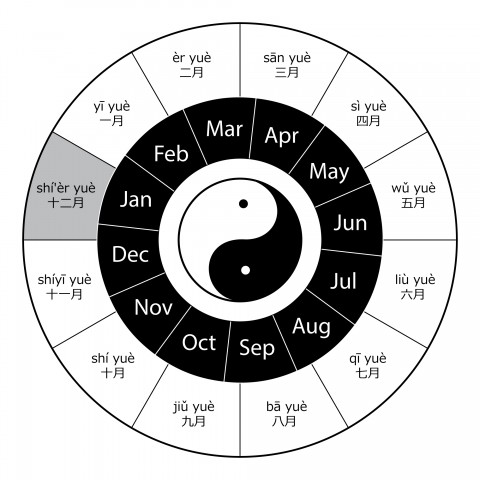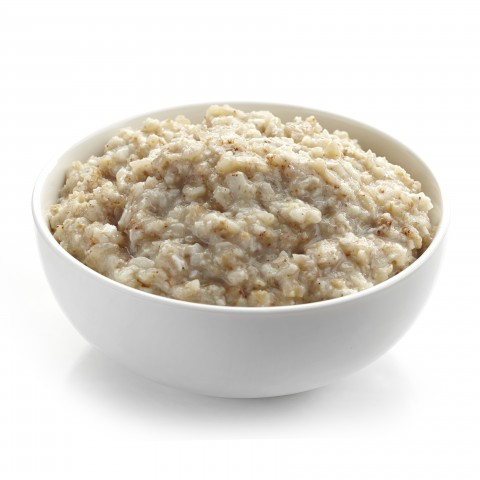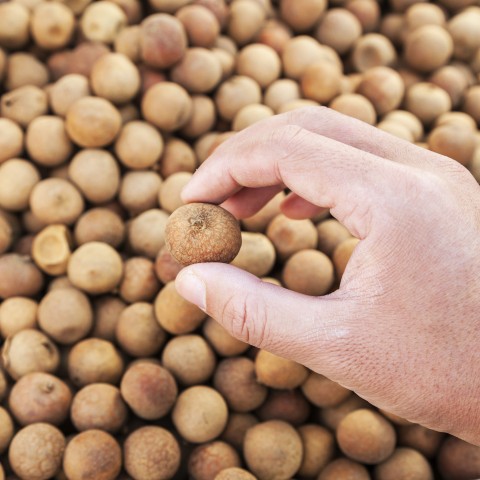Learning about Chinese holidays is one of the best ways to really dig into the country’s culture, which is necessary for optimal language learning. Today we’ll be looking at one of the more traditional Chinese holidays, the Laba Festival (also called the Chinese Laba Rice Porridge Festival).
We’ll be going over what makes the Laba Festival special, including the Chinese porridge they call Laba porridge (or Laba congee) and the celebration’s history. Find out all you need to know about The Laba Rice Porridge Festival on ChineseClass101.com, from its significance to vocabulary you should know!
1. Why Should You Know About The Laba Rice Porridge Festival?
The Laba Rice Porridge Festival (or simply the Laba Festival) in China, though not actually a Chinese national holiday, is a fascinating occasion rooted in Buddhism, one of China’s most popular religions. By learning about the origins and customs of this day, you’ll also be gaining much insight into the heart of China’s people and the significance of its history.
Essentially, this holiday is the remembrance of when the Buddha first became Enlightened, a moment in the history of Buddhism that is, of course, of great importance. Learn more about the Laba Festival and its place as one of the most popular Chinese holidays and celebrations.
2. What is The Laba Rice Porridge Festival?
The Laba Festival is an important day for the Chinese people, and its name stems from the day on which it takes place—the eighth day of the twelfth month of the Chinese lunar calendar, or Là bā in Chinese.
This traditional Chinese holiday is largely held in commemoration of when Sakyamuni became the Buddha after his Enlightenment. As Buddhism has a fairly strong presence in China today, this is a significant moment in history for Chinese Buddhists.
Like most ancient Chinese holidays and celebrations, this is a day of tradition mixed with more modern interpretation. Even though this isn’t a Chinese national holiday, the tradition of making laba rice porridge and offering it to ancestors remains strong. We’ll talk more about this traditional Chinese dish below.
3. When is it?
The Laba Rice Porridge Festival takes place on the eighth day of the twelfth month on the Chinese lunar calendar. It’s from this that the holiday gets its name, as the day is translated Là bā in the Chinese language. On the Gregorian calendar, this typically takes place sometime in January, though sometimes it takes place in December (as it will in 2023).
For your convenience, here’s a quick list of the approximate date of this holiday for the next ten years:
- 2019: January 13
- 2020: January 2
- 2021: January 20
- 2022: January 8
- 2023: December 30
- 2024: January 18
- 2025: January 7
- 2026: January 26
- 2027: January 15
- 2028: January 4
4. How is it celebrated?
Eating is one of the most important (and most looked forward to!) parts of any holiday, no matter where you are.
As the name suggests, during The Laba Porridge Festival, people make a special porridge called 腊八粥 (làbāzhōu) or Laba congee. This dish takes a long time to make, and preparation for it begins the night before the holiday; cooking starts at midnight, and it’s not ready until that morning.
This is an elaborate porridge, containing a variety of grain, fruit, and vegetable (eight types to be exact, which is why some people also call it “eight treasure congee”). Common ingredients are various types of nuts, prunes, and a Southeast Asian fruit called 桂圆 (guìyuán), or longan. This dish is known to promote good health, due to its fantastic nutritional value.
Not only do the Chinese people eat this porridge themselves, but they first offer it as a sacrifice to their ancestors. In fact, Beijing Laba Congee is an even more elaborate dish, containing twenty ingredients—each one specially picked to ensure high quality so as to please the ancestors it will be offered to.
In the past, it was also custom for those of higher status to offer this porridge to the poor and to monks.
1- Fun Fact
It’s considered 好兆头 (hǎo zhàotou), or a good sign, for there to be Laba porridge left over. This signifies that there will be prosperity among the family who has the leftover porridge. Some people even put this porridge on trees to ensure a plentiful harvest.
5. Must-Know Vocab for The Laba Rice Porridge Festival
Now that you know more about this interesting Chinese holiday, let’s look at some important vocabulary to help you better understand and celebrate it!
- 佛教 (Fó Jiào) — Buddhism
- 桂圆 (guìyuán) — Longan (a fruit found in Southeast Asia)
- 腊月 (làyuè) — Month 12 of the Chinese lunar calendar
- 腊八 (Là bā) — Day 8 of the Chinese lunar calendar’s twelfth month
- 粥 (zhōu) — Porridge
- 岳飞 (Yuè Fēi) — Yue Fei (an ancient Chinese military general)
- 蒜 (suàn) — Garlic
- 好兆头 (hǎo zhàotou) — Good sign
- 白米 (báimǐ) — White rice
- 红枣 (hóng zǎo) — Dried red jujube
- 莲子 (liánzǐ) — Lotus seed
To hear the pronunciations of these words, check out our Chinese Laba Rice Festival word list where you can hear audio recordings of each one.
Conclusion
We hope that this article provided you with all the info you need to celebrate the Laba Porridge Festival in China. What do you think is the most interesting part of this holiday? Is there a similar holiday in your home country?
If you want to learn even more about Chinese culture, be sure to visit us on ChineseClass101.com. We provide language learners with a wide array of helpful tools, from vocabulary lists to insightful blog posts. And if you want to get one-on-one training as you master Chinese, be sure to check out our MyTeacher app!
Have fun celebrating The Laba Porridge Festival, and be sure to stay tuned for more articles on Chinese holidays so that you can enjoy all of the traditional Chinese holidays!
We wish you success in your language-learning journey, and meaningful fun during your visit to China.













